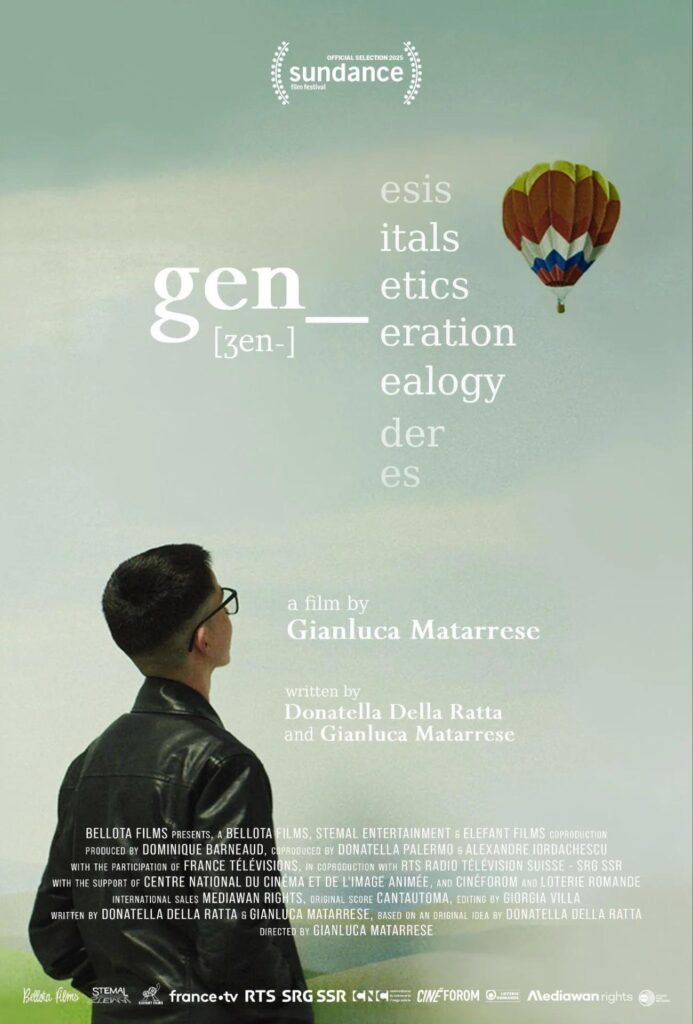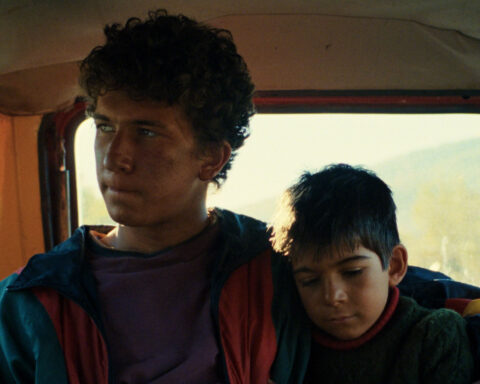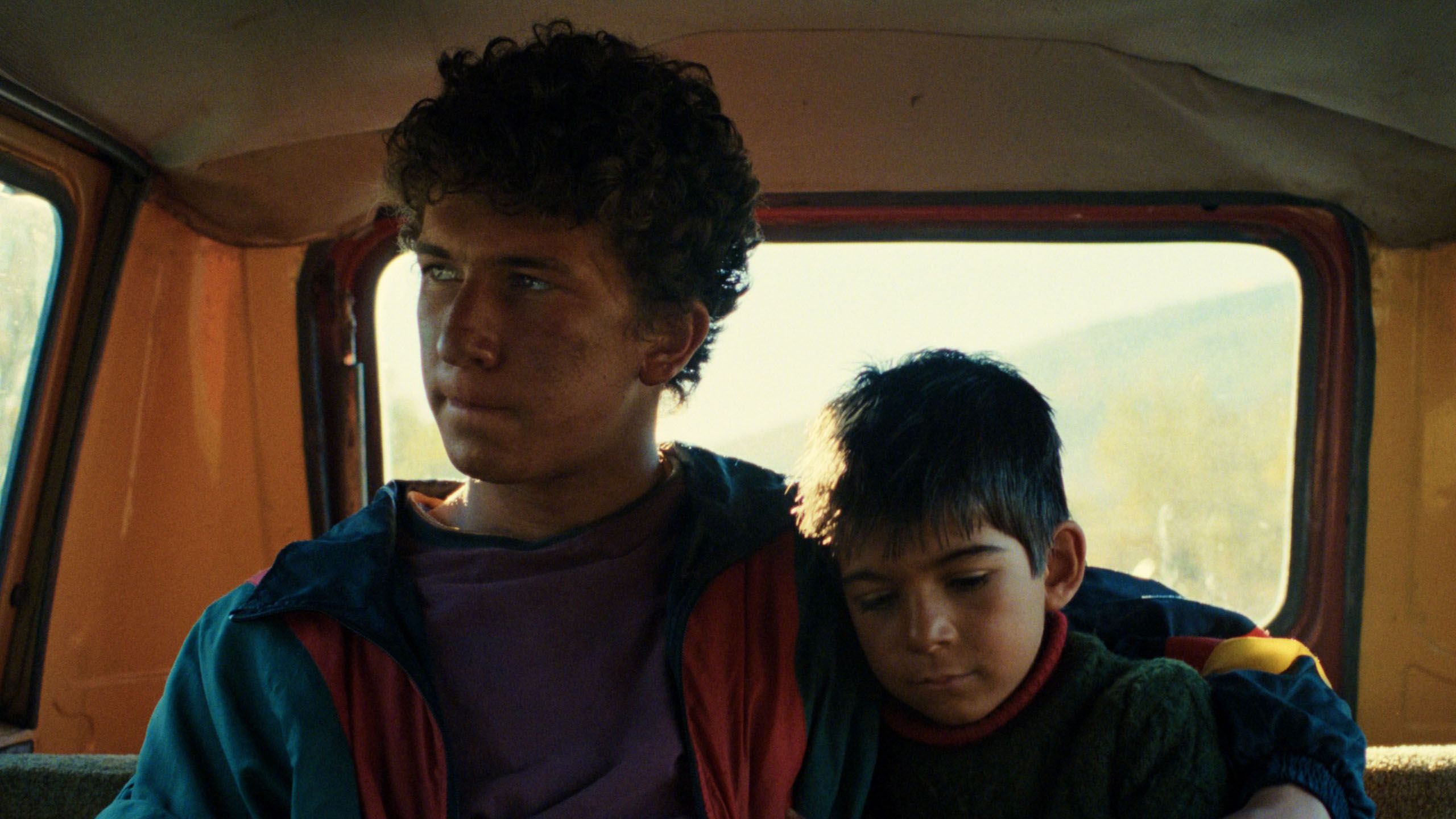A medical practitioner is a learned person whose job is to diagnose and treat illnesses and ensure their patients are in safe and caring hands. They must possess both extensive medical knowledge and the ability to provide compassionate care, fostering trust and comfort in their patients during vulnerable times. In Gianluca Matarrese’s documentary, GEN_, we meet such a physician undertaking a challenging mission. He works with prospective parents navigating the complexities of in vitro fertilization and supports individuals as they explore and affirm their gender identities. His work is further complicated by the restrictions of a conservative government and the pressures of a market that seeks to exploit and capitalize on the human body.
Dr. Maurizio Bini heads the endocrinology department at Niguarda Hospital in Milan. He listens patiently to his diverse patient population, which includes many transgender teenagers seeking gender affirmation surgery, as well as couples and single individuals—straight, gay, lesbian, cisgender, transgender, and others—seeking his expertise in in-vitro fertilization. He practices during a time in Italy when a newly elected right-wing government has further complicated the already conservative laws surrounding bodily autonomy. For example, adoption and surrogacy are illegal for same-sex couples in Italy, and even travelling abroad for surrogacy is prohibited. Despite these challenges, Dr. Bini manoeuvres the complex landscape of reproductive rights and gender affirmation with a rigid determination.

Matarrese displays an almost preternatural sensitivity, and adopts a fly-on-the-wall approach, capturing Dr. Bini in the delicate act of consulting with his patients. He wisely eschews any hint of intrusion into the deeply personal, often wrenchingly intimate terrain of these consultations. This observational tact appears so organic in the documentary that unobtrusively allows us with an unusual degree of access to these exchanges, all the while preserving the dignity and vulnerability of those who have entrusted their stories to the camera. The absence of a heavy-handed narrative or directorial pronouncements allows the patients themselves—their voices, their anxieties, their hopes—to occupy the foreground. The effect is a light-hearted, headstrong and unmediated glimpse into lives lived on the fraught edges of identity and reproductive possibility. This approach quietly respects the patients, avoiding any portrayal of them as mere objects of pity. It is an understanding that allows their stories to unfold, unadorned, before the lens. The filmmaker understands that these are not simply cases, but human beings, and he treats them—and, by extension, his audience—with the deep compassion they warrant.
The consultations with his patients, as well as discussions with his colleagues, unfold within the confines of Dr. Bini’s office, which becomes a sanctuary, where vulnerable individuals find not just medical expertise, but also compassion and unwavering support. He understands that his work is not just about hormones and procedures; it’s about empowering individuals to take control of their bodies and destinies. He witnessed firsthand the joy of a transgender teen finally feeling at home in their skin, the hopeful anticipation of a couple longing to start a family, and the quiet desperation of a forlorn woman yearning for motherhood. Each patient carries a unique experience, and Dr. Bini listens to them all, recognizing the sweeping impact his work has on their lives. He becomes more than just a doctor; he becomes an advocate, a confidante, and a beacon of hope in a society that often seeks to deny individuals their fundamental rights. He understands the weight of his responsibility, the delicate balance between medical science and human dignity, and he carries it with grace and unwavering commitment.
For Dr. Bini, the intricacies of human reproduction find an unexpected echo in the hidden, often mysterious world of mushroom hunting, a hobby he pursues with an equal, almost fervent passion. The quiet contemplation required to identify rare fungi in the forest mirrors the careful consideration he gives to each patient’s unique circumstances. Perhaps it’s the element of discovery, the thrill of unearthing something hidden and complex, that draws him to both pursuits. Or perhaps it’s the delicate balance of nature, the understanding that even the smallest change can have long-term gain, that resonates with his work in reproductive medicine. Whatever the connection, it’s clear that both passions inform his understanding of the world, and enrich his insights. Dr. Bini understands that an overcautious approach to legality and bureaucracy comes at the expense of human sympathy and empathy, a point he emphasizes to his staff. He is a man of both science and compassion, acutely aware that rigid adherence to rules can often create further hardship for those already in vulnerable positions. This understanding informs his practice, allowing him to navigate his work’s complexities with skill and a deep sense of humanity.
GEN_ offers a quiet yet powerful portrait of a physician silently withstanding the complex intersection of medicine, politics, and human experience. Through Dr. Bini’s compassionate care and unwavering commitment to his patients, Matarrese’s film illuminates the the vital bridge of understanding in the face of bureaucratic and societal obstacles. It’s a film that lingers in the mind, prompting reflection on the fundamental rights of individuals to bodily autonomy and the vital role of those who champion them.






